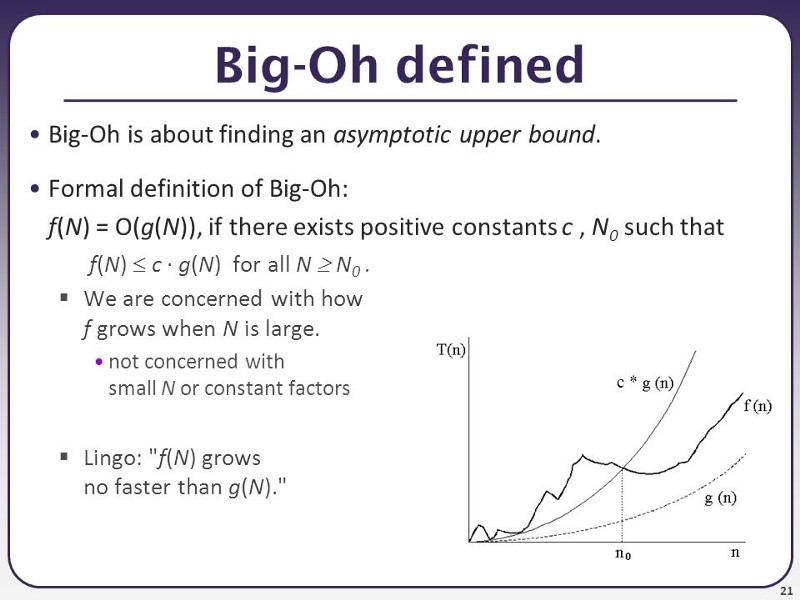Whi getting through college, I was always bummed that we have to learn a lot of stuff that seemed super irelevant to my future carreer, while also being annoying. Stuff like prolog, Phyro, Lisp, Assembly, or bunch of obscure math.
It was only years later when I finally realized why it was important - the school wasn’t for teaching me to be the C#/Java programmer, but it taught me to be A programmer. I can pick up and start successfully writing anything I need, in any language, relatively quickly and without issues, nonmatter whether it’s functional, objective, or wharever style of language, because I’ve very probably already had to deal with, learn, understand and pass exams in language that is similar to it, since college made me learn a language from almost every style or flavor of languages there are.
I was surprised when I first saw colleagues struggle with picking up languages other than the ones they work in, and that was when I finally realized why and how sneakily did the college make me a universal programmer without me noticing it. And that’s something that’s harder to get when self-taught, because you don’t get exams and it’s easier to miss the point and just skip courses on lisp, prolog or lambda calculus, because it seems irrelevant, but the different point of view and approach used when writing in those languahes is what will teach you the most.








it’s also important to keep in mind that the cybersecurity field has adbanced tremendously, with cloidfare, EDRs, and in general it is now way harder to do anything anonymously without getting caught, quickly. This also males the field of hacking way more difficult to get in, which combined with reduced attention span of younger generations probably means there’s not that many bored teens willing to put the time in, and as an adult you have way much more to loose, so for hose who had the skills it would be a lot greater risk.